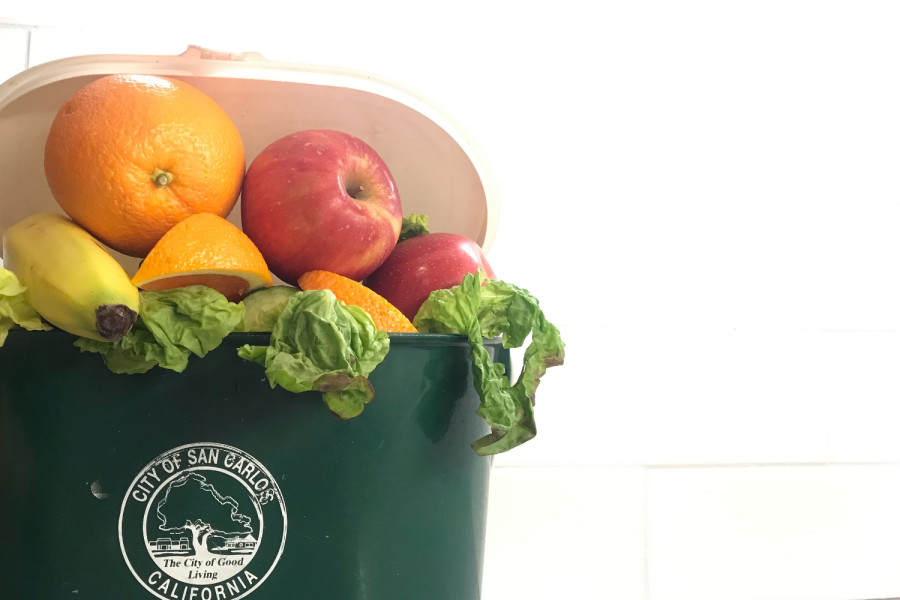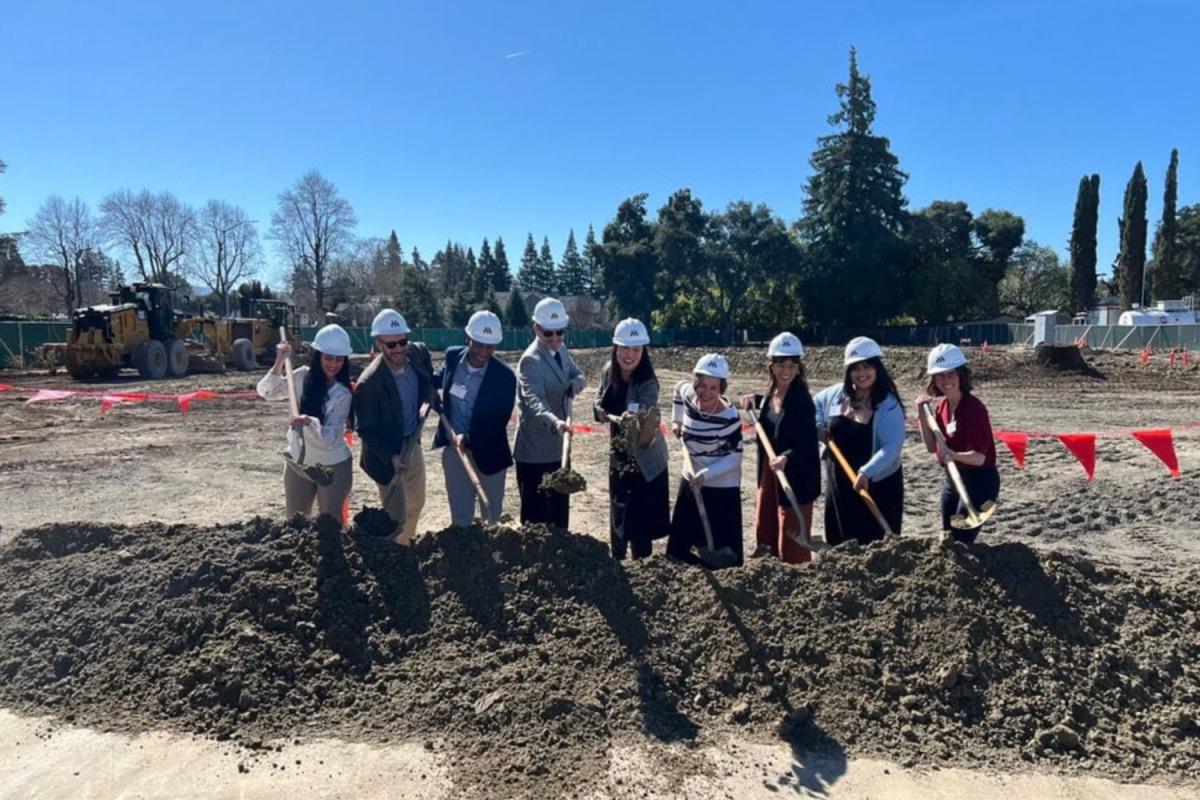Environmentalists are finding ways to reverse the harmful impact of food waste on the community and environment.
By educating people in the community and calling for systemic change, they push to find better alternatives for unwanted food.
According to the California Department of Food and Agriculture, Californians waste about 6 million tons of food every year. Much of the food that could be donated or composted often ends up in landfills, where it can harm the environment.
“Organic waste can be food, yard clippings, essentially anything that used to be alive. And when that gets buried in my landfills, it breaks down, emitting methane. Methane is a short-lived climate pollutant that’s 84 times more effective than carbon dioxide at trapping heat in the atmosphere,” said CalRecycle Public Information Officer Lance Klug.
While a lot of food waste comes from people buying too much, many don’t realize that a large percentage of food waste comes from institutions.
“It’s not just the restaurants. You also have any other bigger type of institution — cafeterias, hospitals, even Carlmont High School,” said Christine Kohl-Zaugg, Executive Director at Sustainable San Mateo County.
Instead of throwing perfectly good food away, it could be given to the 8 million hungry Californians who do not have access to an adequate amount of food. However, the process of reducing food waste comes with a dozen of obstacles.
“California has to increase the recovery of surplus food that would otherwise be landfill so we can feed the one in five Californians who are hungry. That cuts down the amount of organic waste that we send the landfill,” Klug said.
According to Kohl-Zaugg, systems are being put in place to help redirect would-be wasted food to those that need it.
“The county has been preparing and figuring out what the best approach is for that. They’ve been partnering with the big food banks,” Kohl-Zaugg said.
As a local non-profit, Sustainable San Mateo looks to promote environmental sustainability in the community. Food waste is just a tiny part of a much larger environmental issue that sustainability is trying to address.
“We have different programs that we have in order to advance sustainability progress in the county, and some of the programs that I like more about education and awareness,” Kohl-Zaugg said.
While Sustainable San Mateo focuses on organizations, there are many ways individuals can make a difference, such as being mindful of purchases and leftovers. Deniz Scarpace, a member of Carlmont’s Green Team, has his own way of using food waste in his home.
“We don’t throw out any of our compost. I usually just put in a compost bin mix it up. It’s nicer than just throwing it out,” Scarpace said.
According to Scarpace, there is a lot that needs to change if the issue of food waste is to be taken seriously.
“Individuals really need to do their part but there need to be systems in place so that big companies and organizations can also organize their trash well,” Scarpace said.












